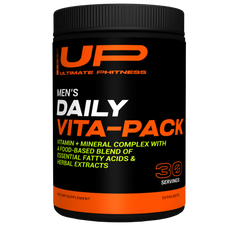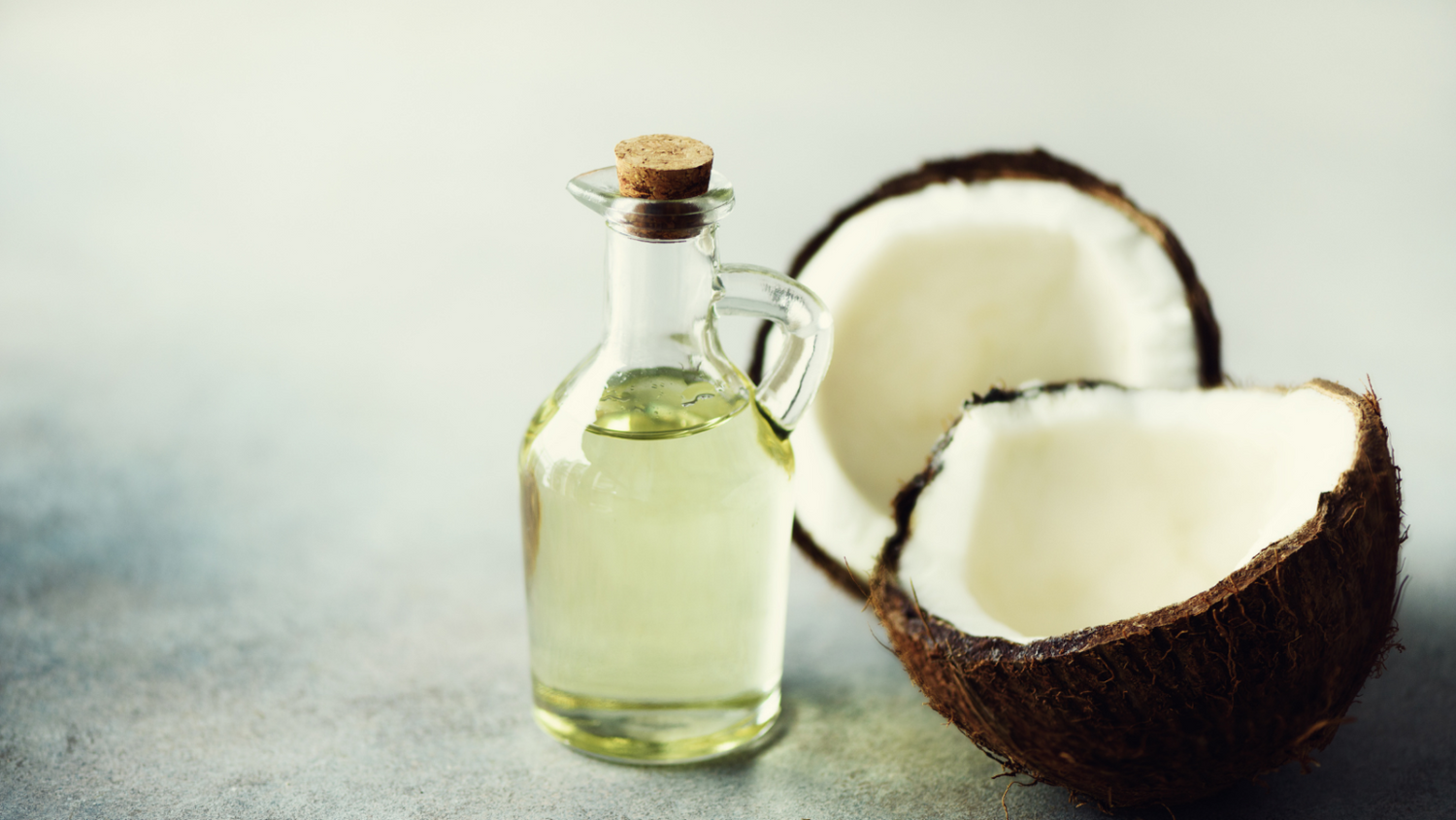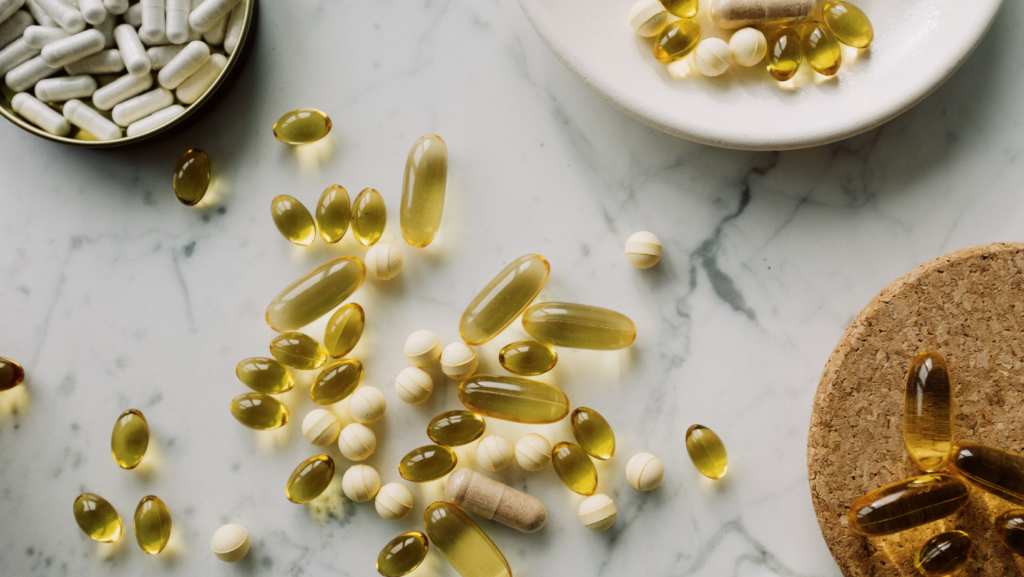When it comes to creating the right diet, there are so many things that should be taken into account. It’s important to remember that balance is key and being healthy is all about eating in moderation. One of the most helpful things for those new to fitness is finding alternatives to unhealthy foods. Coconut oil is one of the best alternatives to other fats, so let’s talk about why.
All about coconut oil
Coconut Origin: Southeast Asia, South America, New Zealand, and India
Coconut Oil (1 Tbsp)
Calories: 119
Fat: 14g (Sat. Fat 12g)
Known in Sanskrit as, “The tree which provides all the necessities of life,” the coconut palm yields 50-75 coconuts per year and every part of the plant is used.
Coconut water contains sugars, fiber, protein, and antioxidants, as well as a variety of vitamins and minerals. The fibrous husk from the tree, also known as the coir, is used to make many things including ropes, mats, brushes, and potting soil.
If you no longer need a coconut tree, the apical bud of an adult tree can be eaten as a delicacy in gourmet salads. And of course, there is the white meat of the nut that can be eaten directly or used to make coconut milk and coconut cream as well.
The wellness benefits
Researchers have continually revisited the health benefits of coconut oil. Their findings have associated it with many benefits, starting with weight loss due to the medium length of the fatty acid chains (aka MCTs).*
Though it is considered a saturated fat, coconut oil is a different structure from the notorious saturated animal fats and even offers benefits not available in the longer chained plant oils. The medium length of the coconut’s fatty acid chain enables rapid breakdown in digestion, as well as ease of use when it’s burned for energy. Replacing other fats with coconut oil is a great way to incorporate healthier options into your menu. Keep in mind that coconut oil should only be eaten in moderation and used sparingly.
These same MCTs, along with monoglycerides, are found primarily in coconut oil and breast milk. They contribute to well-being and play a role in thyroid health. It has even been shown to help prevent hypothyroidism, due to its evasion of rancidity.*
Another benefit of using this oil is that it supports the suppression of Candida (yeast) in the digestive system. While yeast commonly inhabits your digestive system, it is controlled by the presence of probiotics (which are the “good” bacteria). When someone starts taking antibiotics, prescription medications, birth control pills or maintains a poor diet and experiences daily stress, Candida yeast begins to fiercely outnumber the good bacteria, which can cause evidence of infection.*
Other uses
While introducing small amounts of coconut oil into your diet can be helpful, there are other uses for it. Coconut oil can treat damaged hair, dry scalp and pimples, moisturize dry and aging skin, and enable antifungal, antibacterial, and antiviral effects throughout the body. It has also shown great reduction of keratosis pilaris, rosacea, and psoriasis.*
P.S. If you are looking to change up your diet or would like helpful meal planning ideas, Ultimate Phitness offers a variety of programs designed to help you achieve healthier eating habits or to assist you with meal planning for different dietary needs.

















Leave a comment
This site is protected by hCaptcha and the hCaptcha Privacy Policy and Terms of Service apply.